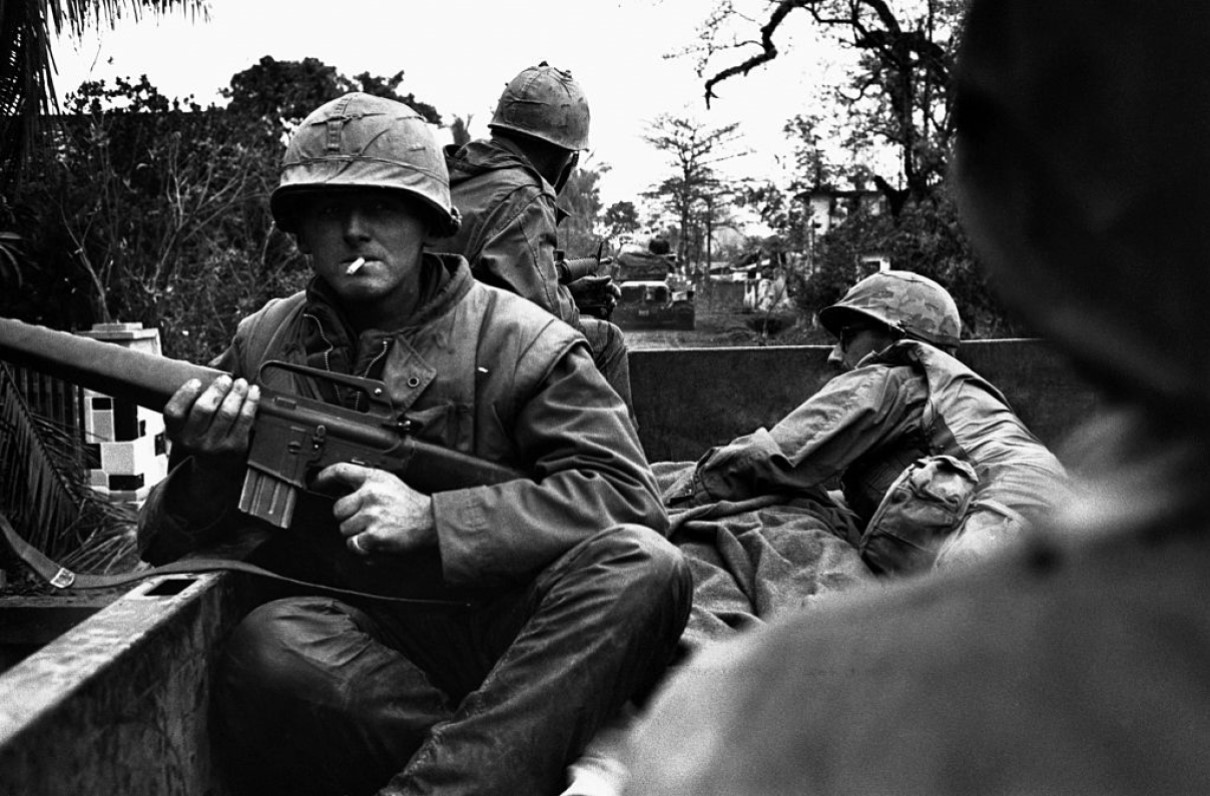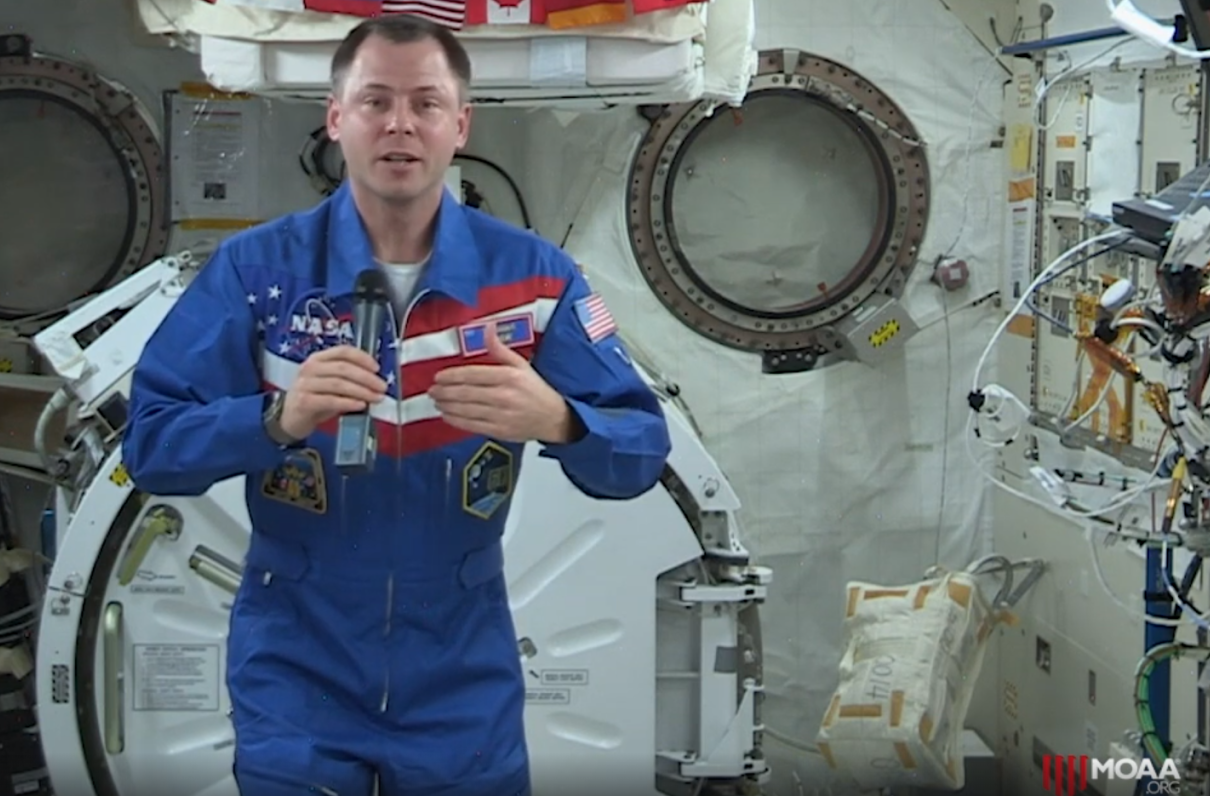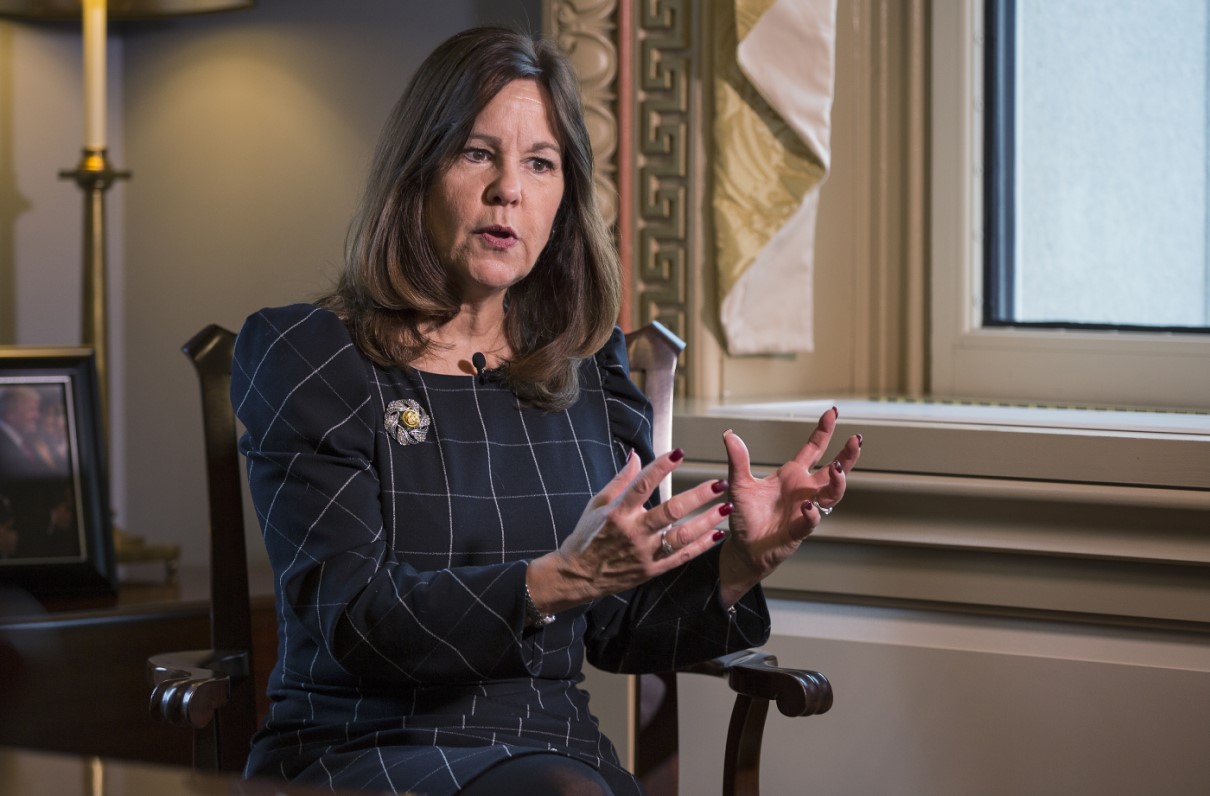(This article originally appeared in Military Officer, a magazine available to all MOAA Premium and Life members. Learn more about the magazine here; learn more about joining MOAA here.)
 Fifty-one years after the Battle of Hue, one of the Vietnam War’s bloodiest battles, emotions run high among those who served. Journalist Mark Bowden (pictured), author of Black Hawk Down (New American Library, 1999), explores those emotional stories in Hue 1968 (Atlantic Monthly Press, 2017). “One of the frustrations of the young men who were leading Marines and soldiers in the battle of Hue was that when they reported the level of difficulty, they were accused of being alarmist or of panicking,” Bowden said during a recent interview with Military Officer.
Fifty-one years after the Battle of Hue, one of the Vietnam War’s bloodiest battles, emotions run high among those who served. Journalist Mark Bowden (pictured), author of Black Hawk Down (New American Library, 1999), explores those emotional stories in Hue 1968 (Atlantic Monthly Press, 2017). “One of the frustrations of the young men who were leading Marines and soldiers in the battle of Hue was that when they reported the level of difficulty, they were accused of being alarmist or of panicking,” Bowden said during a recent interview with Military Officer.
Q. You talked to soldiers and military leaders who fought on both sides of the battle. Were their memories similar 50 years out?
A. I think that their perceptions were not that different. So much of the political context of the battle has been stripped away in 50 years, so it was much easier for Americans and Vietnamese to speak simply about their own experience. To me, the accounts jibed. Both sides were really struggling. It was a hellacious, terrifying experience, and that came through with both sides.
Q. What did the American survivors of the Battle of Hue take home with them intellectually and emotionally? How did the battle affect their views?
A. I would say most of the veterans I interviewed half a century after their service in Vietnam are bitter about it — and bitter for a wide variety of reasons. Some are bitter because they feel betrayed by the American people. Some blame the press. Some blame politicians.
Q. What lessons were learned from the battle that continue to have an impact?
A. I think smart commanders can take a look at someone like Ernie Cheatham [the former NFL lineman-turned-Marine Corps officer ordered to take command at Hue two days after it started].
[Cheatham] went into the battle acknowledging to himself how little he understood. And [he] set about trying to learn everything he could in the 24 hours before he got there and became a very effective leader on the ground — as opposed to someone like Gen. Foster LaHue, who was only 10 miles away, who I think never understood, nor did he take the time to arrive at an understanding of exactly what was going on.
Certainly, the difficulties of fighting in an urban environment are well known now to the American military. Increasingly, people live in big cities, so it’s hardly surprising that war tends to take place more and more in urban areas, and urban areas pose very unique challenges to any military operation.
Q. What is the greatest takeaway from the Battle of Hue? What will historians say about it, if anything, in 100 years?
A. I think this battle will still be studied and remembered. I believe it is the pivotal event in the war in Vietnam, frankly, both for political reasons and to some extent military reasons. So yeah, I think anyone who is interested in America in the 20th century will have to take a hard look at Vietnam. And, I think, if you take a hard look at Vietnam, the Battle of Hue is right there in the middle. As I mention in the book, it’s a story where you can see almost all of the threads of the larger story emerge, so I do think it will be significant.



